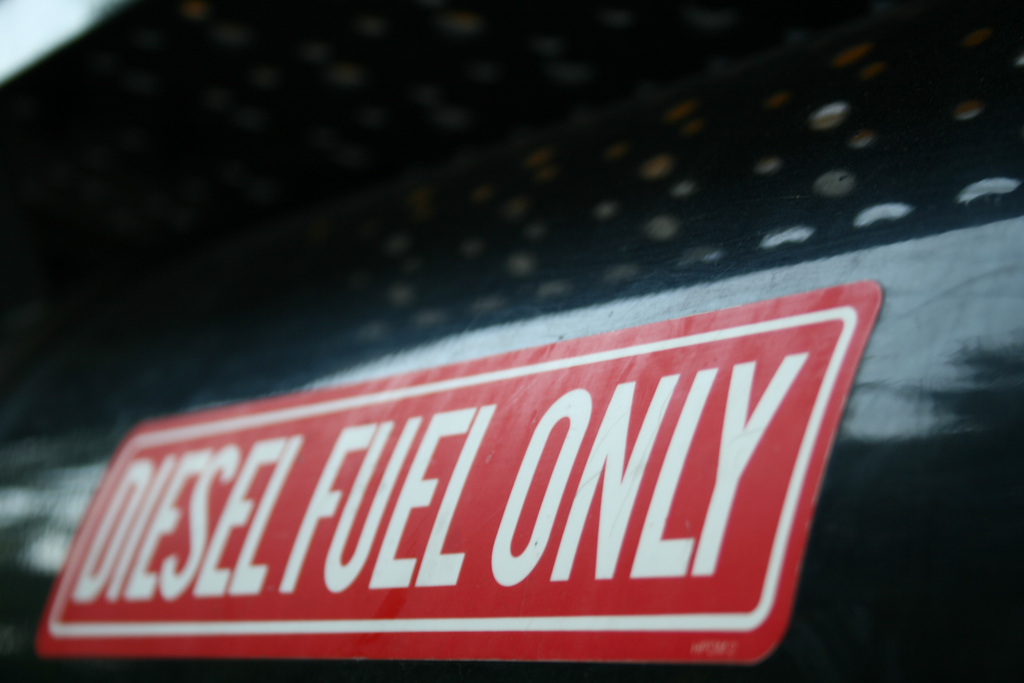One of the leading research institutes in Germany, the Munich Ifo, urged the country’s authorities to maintain "technological neutrality" in an effort to achieve a reduction in harmful emissions into the atmosphere.
Ifo’s report, commissioned by the German Automobile Industry Association (VDA), notes that the prohibition of internal combustion engines, plans for which were previously voiced in the media with reference to sources in the government, will be "a wrong turn" for the German economy.
According to Ifo analysts, if sales of cars with internal combustion engines are prohibited by 2030, the German industry will risk losing more than 600 thousand jobs.
"The ban on internal combustion engines will lead to significant losses in terms of jobs and added value in Germany by 2030. The ban will directly or indirectly affect more than 600 thousand jobs in the industry, which is 10% of jobs in the country’s industrial sector. In the automotive industry, the ban will jeopardize 426,000 jobs, while up to 130,000 jobs in small and medium-sized companies will also be at risk.
In value terms, the negative effect of the ban on internal combustion engines will be even more noticeable in 2030. In general, 13% (that is, € 48 billion) of the total value added will be affected."
In late June, Chancellor Angela Merkel, formerly a fierce defender of the powerful automotive industry of Germany, recognized that the era of internal combustion engines is running out. In an interview with Wirtschaftswoche newspaper, Merkel did not express a commitment to diesel technology, although they previously lobbied in Germany as environmentally friendly.
After the "diesel scandal" and pressure from environmentalists, opinion of many European politicians regarding the diesel has changed, and Merkel is no exception. Besides, the German government is currently facing growing pressure before the national elections on September 24.
Sales of diesel cars in Germany began to decline after the scandal with Volkswagen Group. At the moment, the trend is intensifying as Germany is considering a possible ban on the entry of diesel cars to Stuttgart and Munich.
Previously, it was announced that Germany would create a national "diesel forum" to find ways to reduce pollution and create a new organization to test vehicles. The German Transport Ministry notes that the new emission control organization will provide "greater transparency and reliability" in the tests. However, independency of the new organization remains questionable.
German automakers BMW, Audi and MAN have already agreed with the regional government of Bavaria to reduce emissions of nitrogen oxide (NOx) from diesel engines. Foreign automakers have not yet committed to reducing emissions, but most likely will do so by August 2, during a meeting of the government's "diesel forum."
German automobile club ADAC, the largest and most influential in Europe, advises consumers to postpone planned purchases of diesel cars until new models with Euro-6D engines are available.
source: vda.de
Ifo’s report, commissioned by the German Automobile Industry Association (VDA), notes that the prohibition of internal combustion engines, plans for which were previously voiced in the media with reference to sources in the government, will be "a wrong turn" for the German economy.
According to Ifo analysts, if sales of cars with internal combustion engines are prohibited by 2030, the German industry will risk losing more than 600 thousand jobs.
"The ban on internal combustion engines will lead to significant losses in terms of jobs and added value in Germany by 2030. The ban will directly or indirectly affect more than 600 thousand jobs in the industry, which is 10% of jobs in the country’s industrial sector. In the automotive industry, the ban will jeopardize 426,000 jobs, while up to 130,000 jobs in small and medium-sized companies will also be at risk.
In value terms, the negative effect of the ban on internal combustion engines will be even more noticeable in 2030. In general, 13% (that is, € 48 billion) of the total value added will be affected."
In late June, Chancellor Angela Merkel, formerly a fierce defender of the powerful automotive industry of Germany, recognized that the era of internal combustion engines is running out. In an interview with Wirtschaftswoche newspaper, Merkel did not express a commitment to diesel technology, although they previously lobbied in Germany as environmentally friendly.
After the "diesel scandal" and pressure from environmentalists, opinion of many European politicians regarding the diesel has changed, and Merkel is no exception. Besides, the German government is currently facing growing pressure before the national elections on September 24.
Sales of diesel cars in Germany began to decline after the scandal with Volkswagen Group. At the moment, the trend is intensifying as Germany is considering a possible ban on the entry of diesel cars to Stuttgart and Munich.
Previously, it was announced that Germany would create a national "diesel forum" to find ways to reduce pollution and create a new organization to test vehicles. The German Transport Ministry notes that the new emission control organization will provide "greater transparency and reliability" in the tests. However, independency of the new organization remains questionable.
German automakers BMW, Audi and MAN have already agreed with the regional government of Bavaria to reduce emissions of nitrogen oxide (NOx) from diesel engines. Foreign automakers have not yet committed to reducing emissions, but most likely will do so by August 2, during a meeting of the government's "diesel forum."
German automobile club ADAC, the largest and most influential in Europe, advises consumers to postpone planned purchases of diesel cars until new models with Euro-6D engines are available.
source: vda.de





